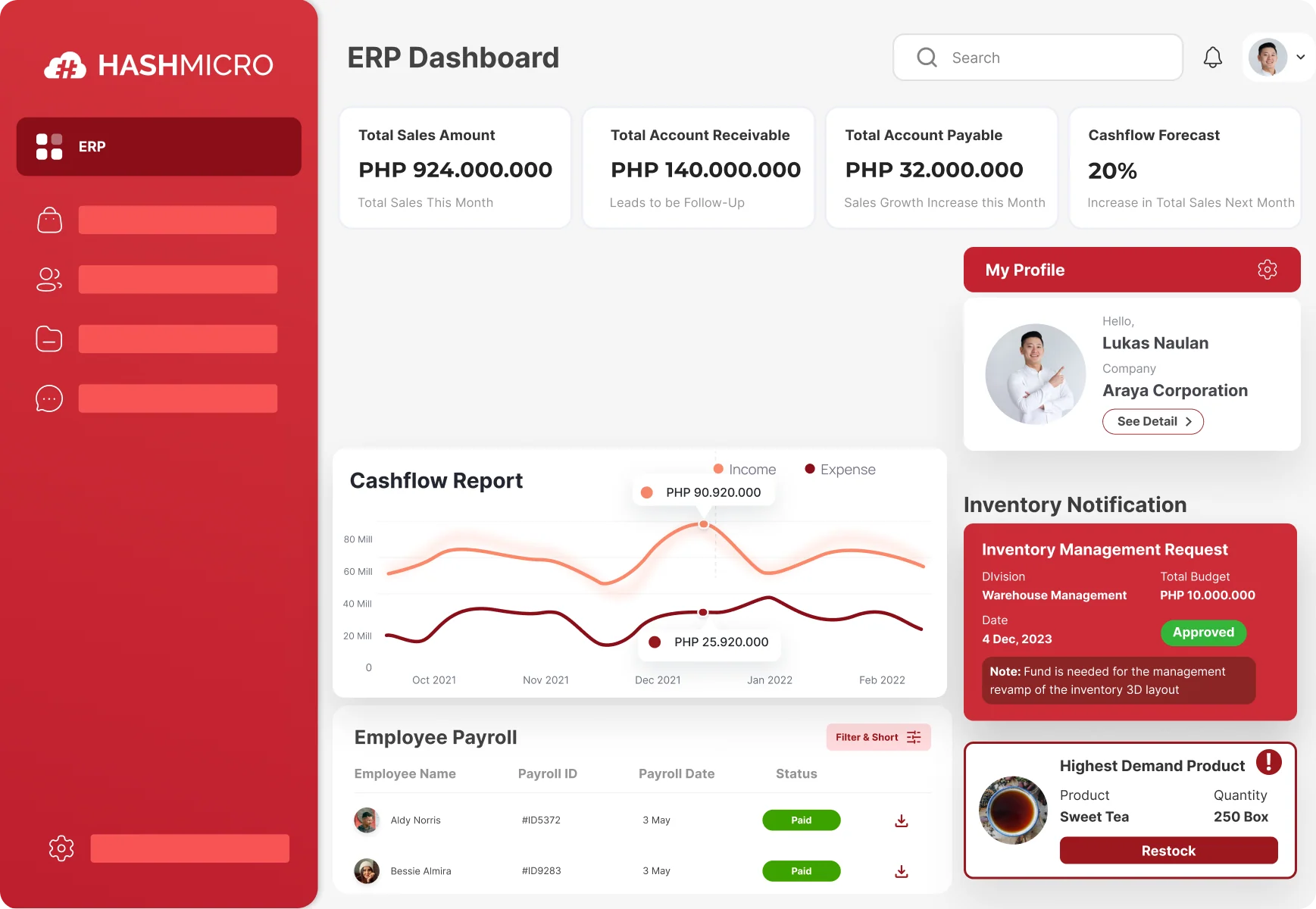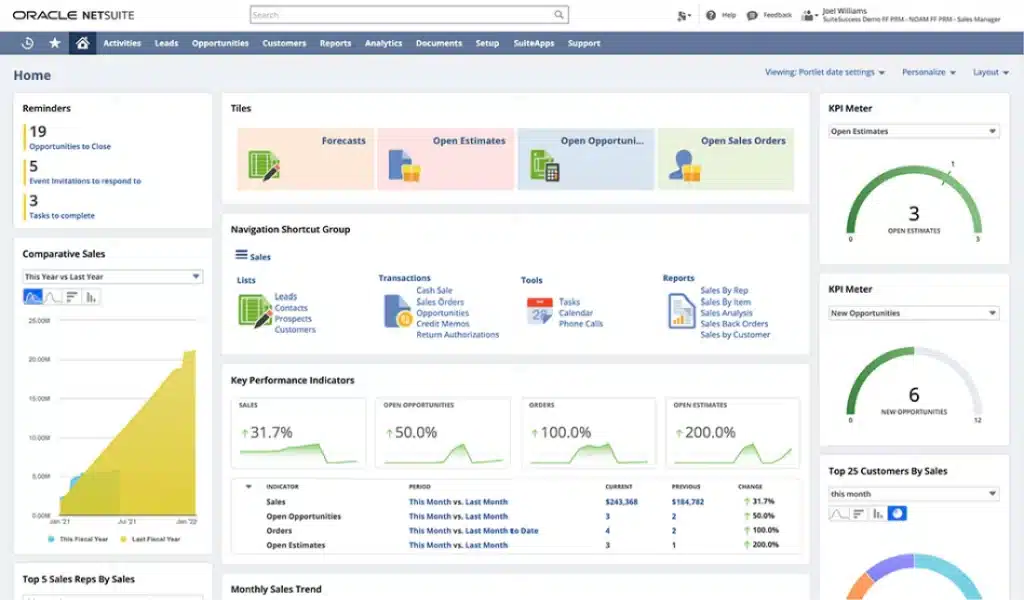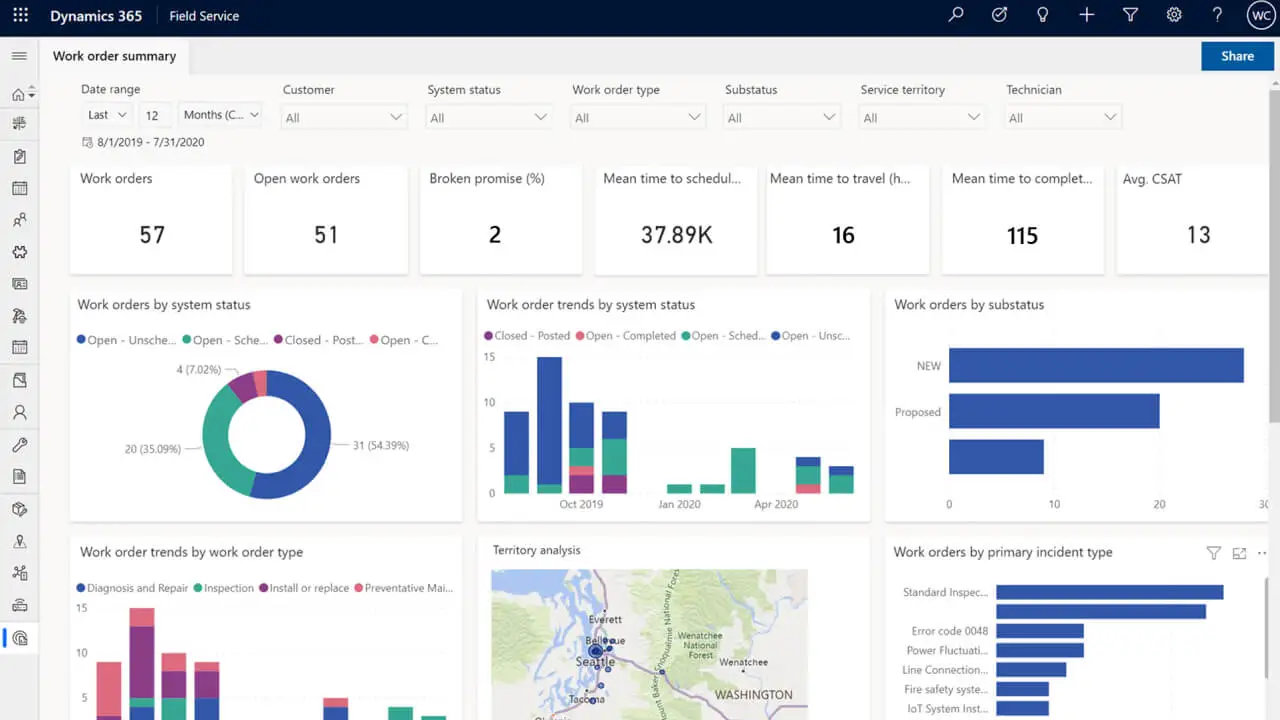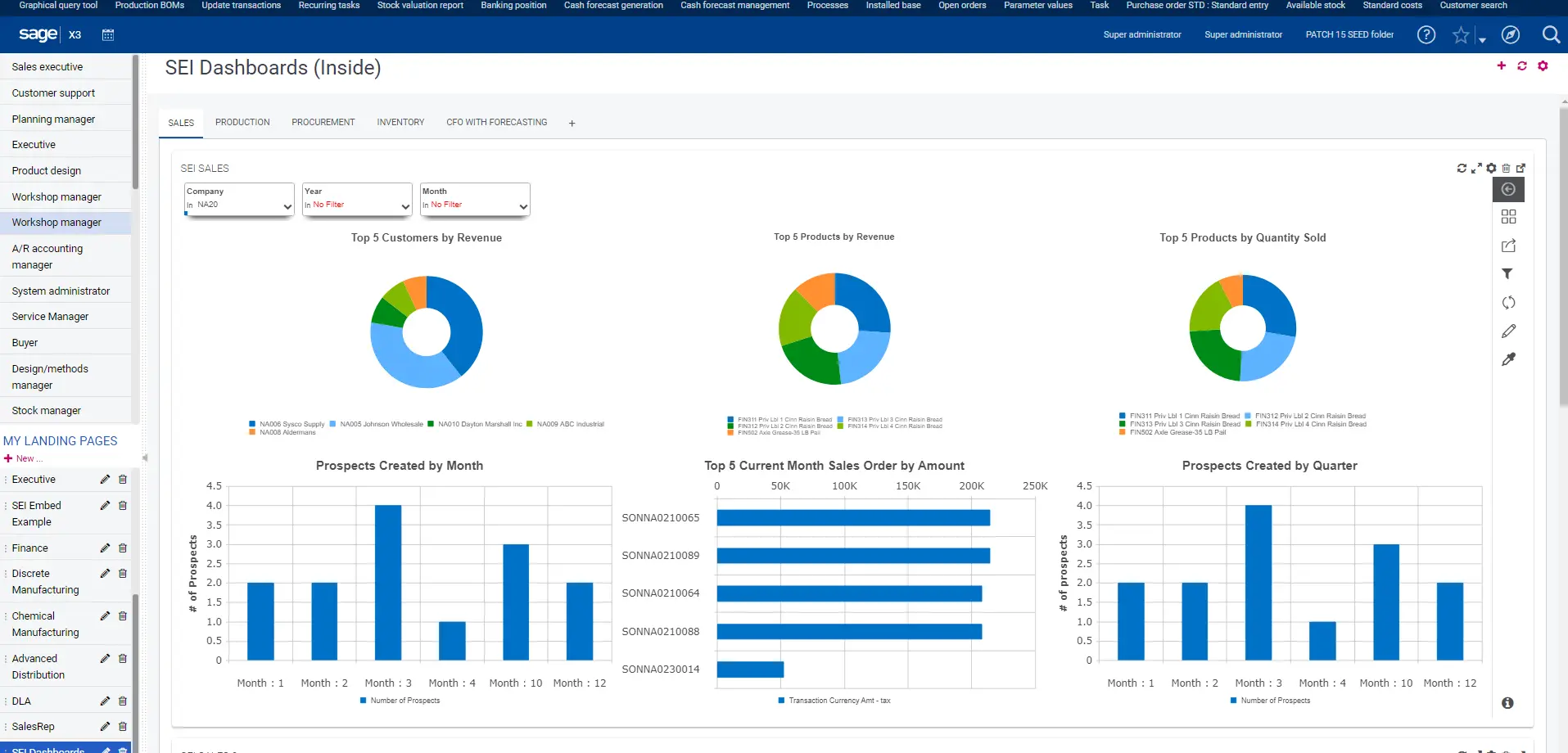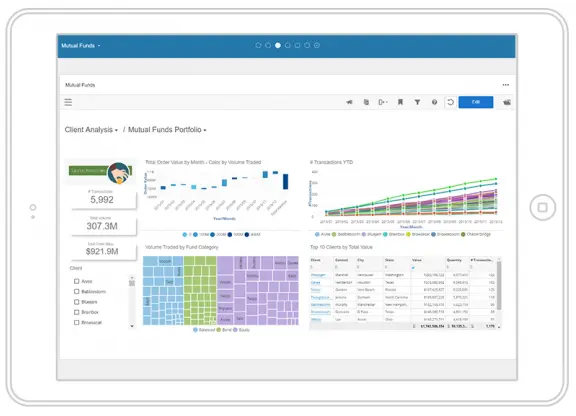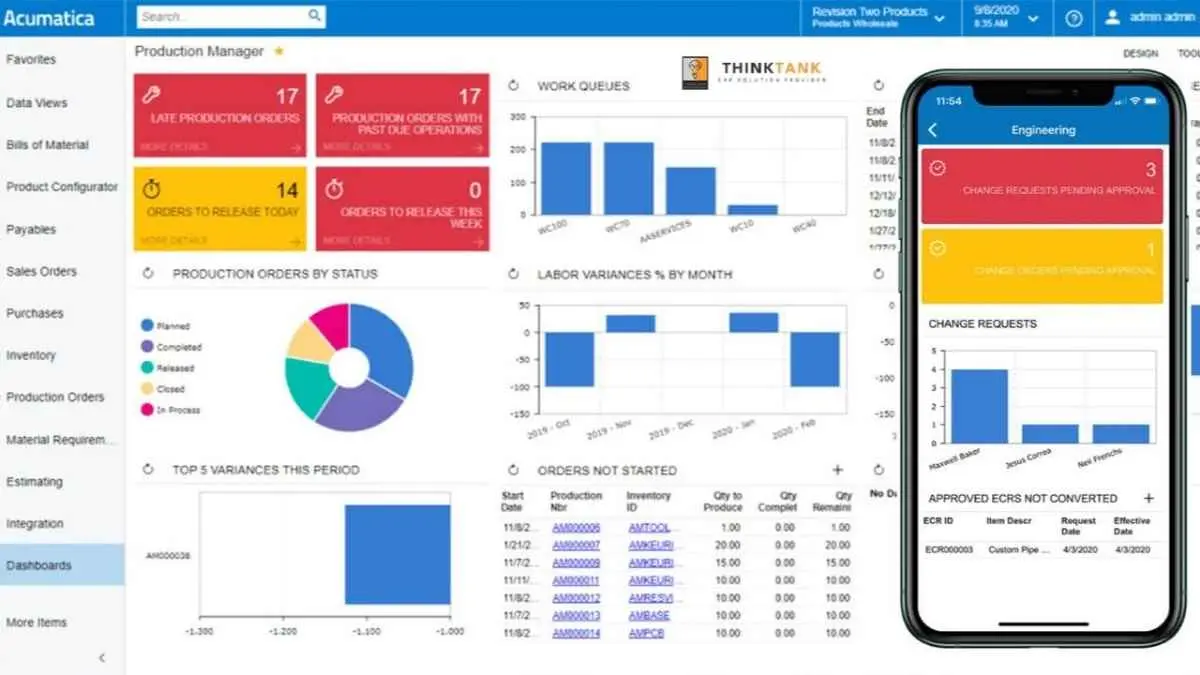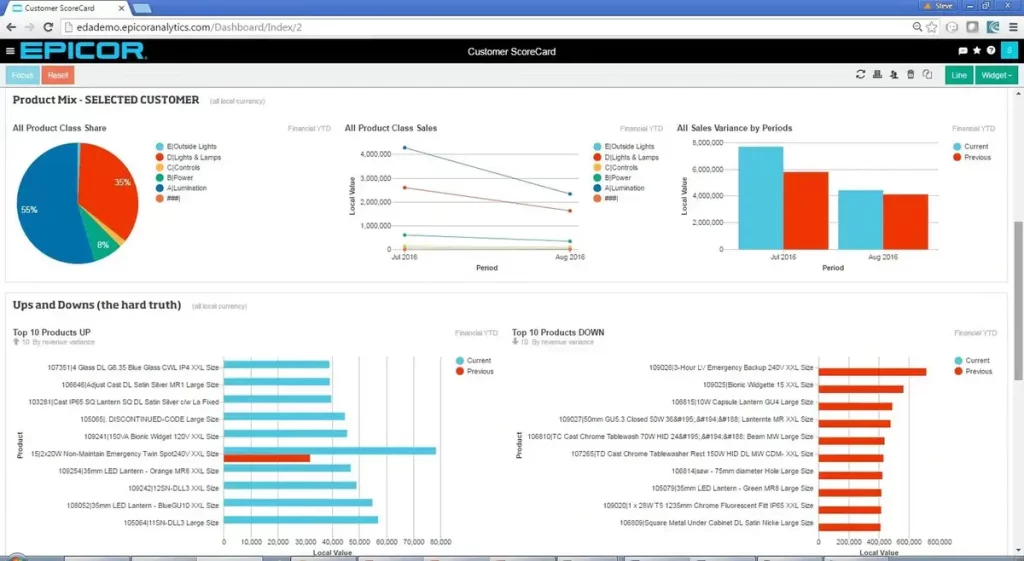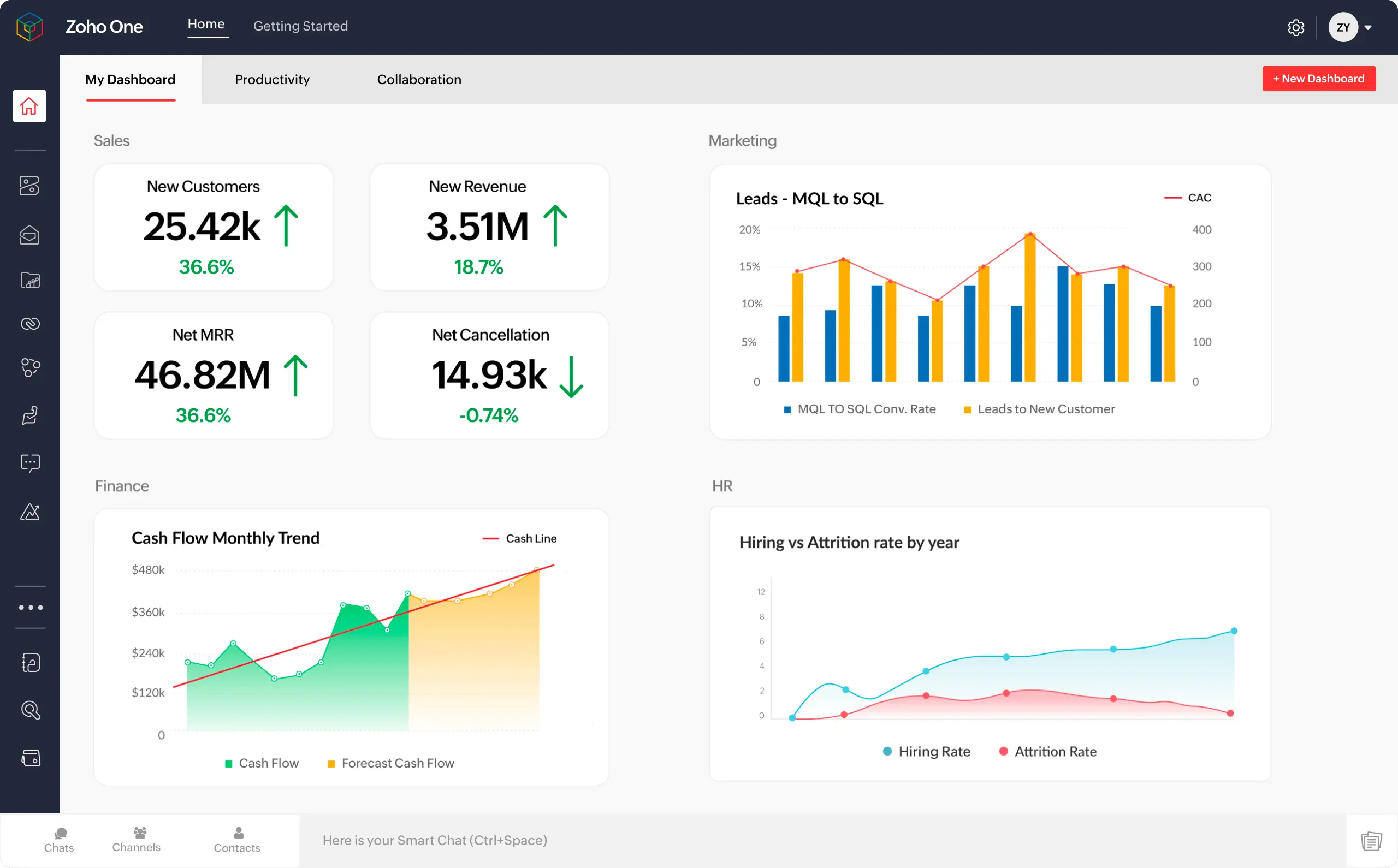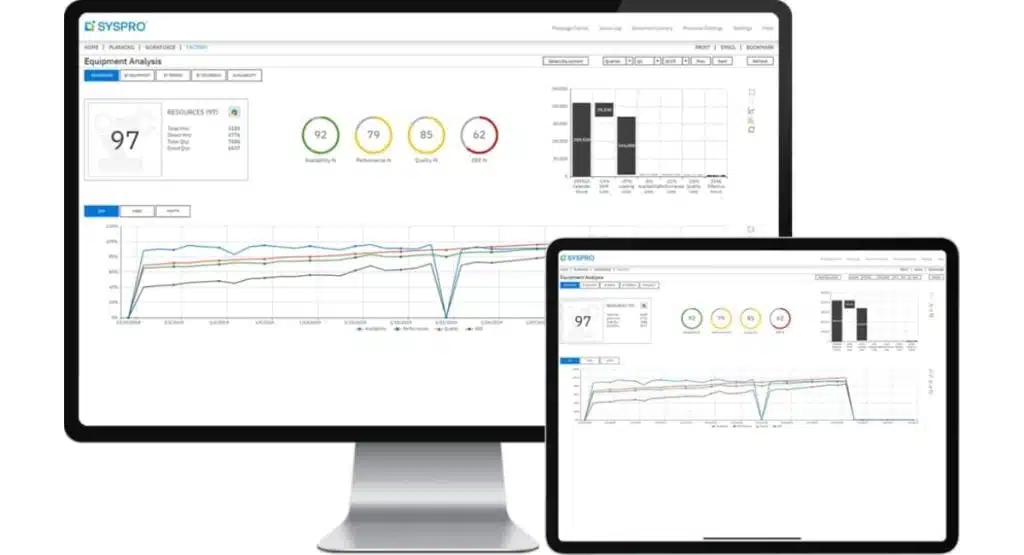Looking for SAP alternatives? SAP ERP is known as one of the market leaders offering robust solutions for managing finance, HR, manufacturing, and logistics. It might not be the perfect fit for every business. Companies seeking more tailored, flexible, or cost-effective options often explore alternative ERP systems that better suit their unique needs.
In this article, we’ll highlight the top SAP competitors and alternatives 2025, helping businesses find the solution that best aligns with their goals and operational requirements.
Key Takeaways
|
Table of Contents

Why Consumers Should Look for SAP Alternatives?
Understanding what is ERP and how it can benefit businesses is also crucial when evaluating various options. ERP is a type of software used by companies to manage and integrate the important parts of their businesses.
SAP ERP is a robust software that helps companies streamline processes across with SAP accounting, procurement, manufacturing, service, sales, finance, and HR. The system facilitates effective data processing and information flow across different departments.
Despite its strong market presence and features, businesses might look for alternatives to SAP Business One ERP for several compelling reasons. Understanding these reasons can help companies make more informed decisions when choosing an ERP software that best suits their needs.
SAP Limitations
- Complexity and cost: SAP requires substantial time and financial investments and a complex implementation. High costs and potential extra expenses for customization and training also make SAP less feasible for cost-sensitive businesses.
- Scalability and flexibility: Companies that experience rapid growth or frequent changes in their operations might find SAP’s configurations too cumbersome or slow to adapt to their evolving needs.
- Customization and usability: Customizing SAP to fit specific business processes can be complex and expensive. Additionally, some users report that the interface is less intuitive than newer ERP systems.
- Vendor lock-in and support issues: Committing to SAP can sometimes result in vendor lock-in, which can be risky if the support does not meet the company’s expectations or costs escalate beyond initial forecasts.
Need to know!
Many businesses are shifting to AI-powered ERP to automate workflows, predict demand, and reduce manual errors. One of the best solutions is Hashy AI from HashMicro with complete features.

Get a Free Demo Now!
Top 10 SAP Competitors & Alternatives
Below are the top 10 SAP alternatives to guide you in choosing the best alternatives suited to your needs. Each has been evaluated for its features, ease of use, scalability, and how well it can integrate with existing business processes.
1. HashMicro ERP System
HashMicro offers a comprehensive ERP solution to streamline business processes across various departments. It integrates core functions into a single platform, helping businesses automate operations, improve data accuracy, and facilitate better decision-making.
To truly understand HashMicro’s capabilities, they offer a free product tour, allowing potential users to explore its features and capabilities firsthand. This initiative underscores HashMicro’s confidence in its product and commitment to transparency and customer satisfaction.
Trusted by high-profile industries, including Forbes, McDonald’s, and Abbott, HashMicro has established itself as a reliable and credible ERP solution provider. This trust proves their ability to meet complex demands, providing them with the tools to succeed in competitive markets.
HashMicro ERP system has a standardized architecture that ensures full compliance with local regulations. The software can also integrate with various external systems and other HashMicro ERP modules, such as sales, inventory, accounting, purchasing, CRM, and HRM.
| Pros | Cons |
|
|
As an end-to-end solution, HashMicro covers all aspects of business management, from initial planning and procurement to delivery and customer service. Click the banner below to view HashMicro’s pricing scheme and find the perfect fit for your business needs.
2. Oracle NetSuite
Oracle NetSuite ERP is a cloud-based alternative that helps streamline operations. It combines various functions such as finance, human resources, sales, and supply chain management into a cohesive platform, enhancing data flow and improving decision-making processes.
The system comes with a wide array of features, such as financial management, CRM tools, e-commerce solutions, project management, supply chain, and inventory management. Each of these features is integrated into a single platform, minimizing errors and boost efficiency.
| Pros | Cons |
|
|
3. Microsoft Dynamics 365
Microsoft Dynamics 365 is a leading option among SAP competitors. It is designed to support various sectors, including retail, finance, and manufacturing. The system simplifies operations, enhances customer engagement, and facilitates better decision-making.
The system offers a range of modules, including sales, customer service, field service, finance, operations, and marketing. Each module is designed to work seamlessly with the others, providing a holistic view of business operations.
| Pros | Cons |
|
|
4. Odoo
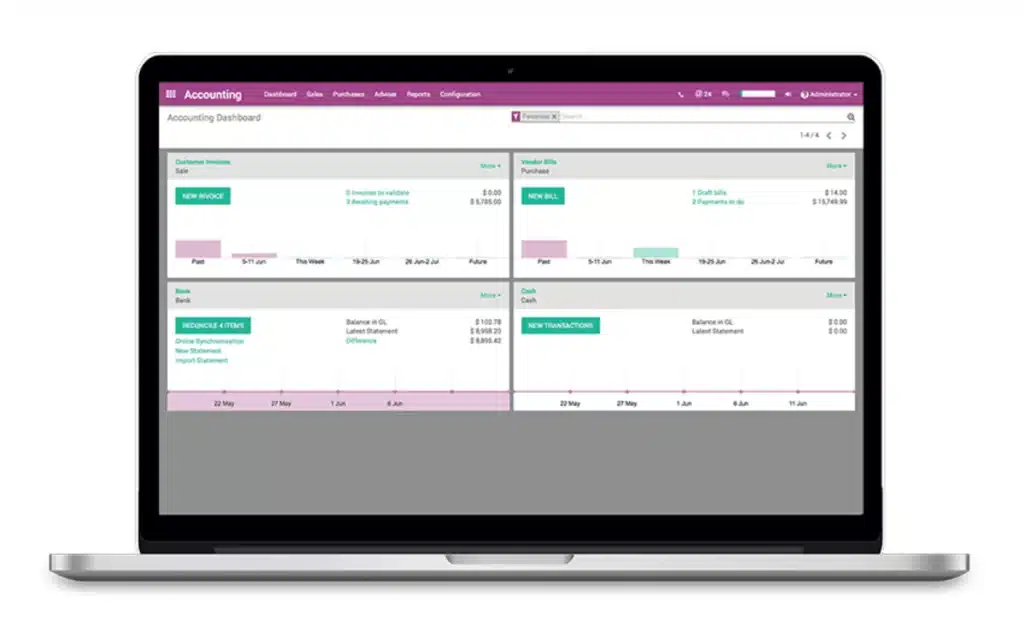
Odoo’s modular structure allows businesses to start with basic modules and add more as their needs evolve, including CRM, e-commerce, accounting, inventory, point of sale, project management, and more.
| Pros | Cons |
|
|
5. Sage X3
Sage X3 emerges as a strong alternative in context of SAP similar software. It provides comprehensive management of finance, supply chain, production, and more in a unified system. This integration facilitates more efficient workflow and data consistency across the enterprise.
The software is known for its robust functionality and the ability to handle complex processes while maintaining flexibility to adapt to the specific needs of different industries, such as manufacturing, distribution, and services.
| Pros | Cons |
|
|
6. Infor
Infor ERP offers a comprehensive solution that helps companies automate critical processes, enhance efficiency, and achieve digital transformation. Infor’s systems are particularly noted for their deep industry functionality within sectors such as manufacturing, retail, and hospitality.
As a robust choice in the SAP alternatives landscape, Infor focuses on leveraging innovative technologies like AI, machine learning, and cloud computing. This integration provides businesses with actionable insights and predictive analytics to better manage challenges.
| Pros | Cons |
|
|
7. Acumatica
Acumatica erp is one of the SAP ERP alternatives that provides a versatile cloud-based ERP solution that covers a wide range of business functions, including financials, project accounting, CRM, and supply chain management.
The software emphasizes real-time data access and collaboration, enabling teams to work efficiently from any location at any time. Additionally, it can seamlessly integrate with various third-party applications and services to enhance its functionality.
| Pros | Cons |
|
|
Also read: Top 12 Acumatica ERP Alternatives & Competitors in 2025
8. Epicor
Epicor is a robust option among alternatives to SAP, offering solutions to support the unique needs of manufacturing, distribution, retail, and service industry sectors. The system is highly customizable, allowing businesses to tailor functionalities to their specific requirements.
The system provides tools for data analysis and real-time visibility into operations. With its global support network and a focus on practical solutions, Epicor provides a compelling ERP choice for businesses looking to enhance their operational efficiency in a competitive market.
| Pros | Cons |
|
|
9. Zoho
Zoho is one of the SAP alternatives that offers online business, productivity, and collaboration applications. It provides a customizable platform that includes various modules for improving business operations, including financial management, inventory, CRM, and HRM.
The platform offers robust automation capabilities, which help streamline everyday business processes, enhance productivity, and reduce manual errors. Its comprehensive functionality and design make Zoho an effective choice for businesses looking to optimize operations.
| Pros | Cons |
|
|
10. SYSPRO ERP
SYSPRO ERP is a prominent choice among SAP alternatives, offering tools that enhance operational efficiency, manage inventory, streamline supply chains, and integrate financial management in a single platform.
The system stands out for its modular design, which allows companies to customize the software with the specific functionalities they require. This feature extends to various industry-specific needs, making it suitable for specialized markets such as automotive, electronics, and F&B.
| Pros | Cons |
|
|
How to Choose the Best SAP Alternatives for Your Business
Choosing the right ERP software for your business is crucial and can significantly impact your company’s efficiency and growth. To make an informed choice, here are several key factors to consider:
- Identify your business needs: Identify your business processes and what you need from an ERP system. Identify the key areas where you need improvement, such as inventory management, human resources, or customer relationship management.
- Features and functionality: Ensure the ERP software has the essential features and functionalities for your business operations. Look for software that offers tools for efficiently managing your specific business tasks.
- Consider scalability: As your business grows, your ERP system should grow with you. Look for software that can easily scale up to accommodate new users, more complex operations, or additional features without requiring a complete overhaul.
- Evaluate ease of use: The software’s usability is crucial for your team’s adoption. Choose a system with an intuitive interface and good user support. This will help reduce training time and increase productivity.
- Check customization options: Every business has unique needs. Ensure the ERP software you choose can be customized to fit your specific business processes and workflows.
- Review integration capabilities: Your ERP software should integrate seamlessly with other tools and systems you already use. This integration capability will prevent data silos and enhance overall operational efficiency.
By following these steps, you can choose an ERP system that meets your current needs and supports your business as it evolves. This approach will help you leverage ERP’s full potential to streamline operations, enhance decision-making, and drive business growth.
Conclusion
Choosing the right ERP software is essential for streamlining operations, enhancing efficiency, and driving growth. While SAP ERP is comprehensive, it may not fit every company. Exploring SAP alternatives can offer solutions that are better aligned with your specific needs.
HashMicro stands out as an excellent ERP software for Philippine businesses. Its customizable, user-friendly, and scalable solutions cater to various industries, simplifying and automating complex processes while ensuring local compliance.
Experience firsthand how HashMicro can transform your business operations by signing up for a free demo today. Take advantage of this opportunity to see how this ERP solution can drive your business forward.









